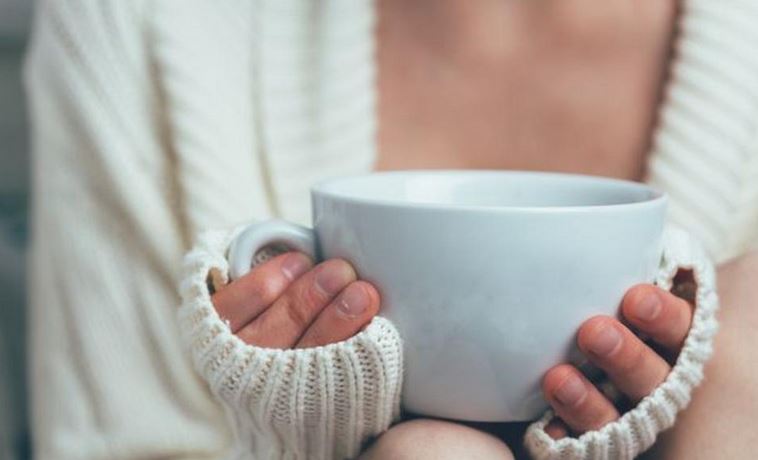Sleep tea for insomnia | |

| |
Lack of sleep can be a frustrating and debilitating condition, affecting millions of people worldwide. Insomnia, the inability to fall asleep or stay asleep, can have a profound impact on one's physical and mental well-being. While there are various medications available to address this issue, many individuals prefer a natural alternative. In recent years, sleep tea has gained popularity as a herbal remedy for insomnia. In this article, we will explore the benefits, types, and usage of sleep tea for insomnia, providing you with the information you need to improve your sleep quality. Sleep Tea for Insomnia: What Is It?Sleep tea, also known as bedtime tea or sleep aid tea, is a soothing herbal beverage formulated to promote relaxation and improve sleep quality. It is typically made from a blend of herbs that possess calming properties and help alleviate anxiety and stress, which are often underlying causes of insomnia. Sleep tea offers a natural and gentle approach to inducing sleep without the side effects associated with pharmaceutical sleep aids. How Does Sleep Tea Work?Sleep tea works by harnessing the therapeutic properties of specific herbs to relax the mind and body, creating an optimal environment for sleep. The herbal ingredients in sleep tea may have sedative, anxiolytic (anti-anxiety), or muscle-relaxant effects. By sipping on a warm cup of sleep tea before bedtime, you can help calm your nervous system, reduce racing thoughts, and prepare your body for a restful night's sleep. Types of Sleep Tea for InsomniaThere are several varieties of sleep tea available, each utilizing a unique combination of herbs. Here are some popular types of sleep tea:
Using Sleep Tea for Insomnia: Best PracticesTo experience the full benefits of sleep tea, it is important to use it correctly. Here are some tips for using sleep tea effectively:
Frequently Asked Questions about Sleep Tea for Insomnia1. Can sleep tea help with severe cases of insomnia?While sleep tea can be beneficial for mild to moderate insomnia, individuals with severe or chronic insomnia should seek guidance from a healthcare professional. Sleep tea can be used as part of a comprehensive sleep management plan, but it may not be sufficient on its own for severe cases. 2. Are there any side effects of sleep tea?Sleep tea is generally safe when consumed as directed. However, some individuals may experience mild side effects such as drowsiness, stomach discomfort, or allergic reactions to specific herbs. If you experience any adverse effects, discontinue use and consult a healthcare professional. 3. Can sleep tea be used by pregnant or breastfeeding women?Pregnant or breastfeeding women should exercise caution when consuming sleep tea, as certain herbs may have contraindications during pregnancy or lactation. It is best to consult with a healthcare professional before using sleep tea in these situations. 4. How long does it take for sleep tea to work?The time it takes for sleep tea to take effect can vary from person to person. Some individuals may experience relaxation and drowsiness within 30 minutes of consuming sleep tea, while others may require a longer period for the herbs to take effect. 5. Can sleep tea be used by children?Sleep tea is not recommended for children without the guidance of a healthcare professional. Children may have different sensitivities to certain herbs, and it is important to ensure their safety and well-being. 6. Is sleep tea addictive?Sleep tea is not addictive. Unlike certain pharmaceutical sleep aids, sleep tea does not contain habit-forming substances. However, it is still advisable to use sleep tea as directed and avoid excessive or prolonged use. ConclusionSleep tea can offer a gentle and natural solution to insomnia, promoting relaxation and improving sleep quality. With its wide range of herbal blends, sleep tea provides a customizable approach to address individual sleep issues. By incorporating sleep tea into your bedtime routine and following best practices, you can enhance your chances of experiencing restful nights and wake up feeling refreshed. Remember to consult with a healthcare professional if you have any concerns or underlying health conditions. Say goodbye to sleepless nights and embrace the soothing benefits of sleep tea for insomnia. | |
| Views: 223 | | |
| Total comments: 0 | |